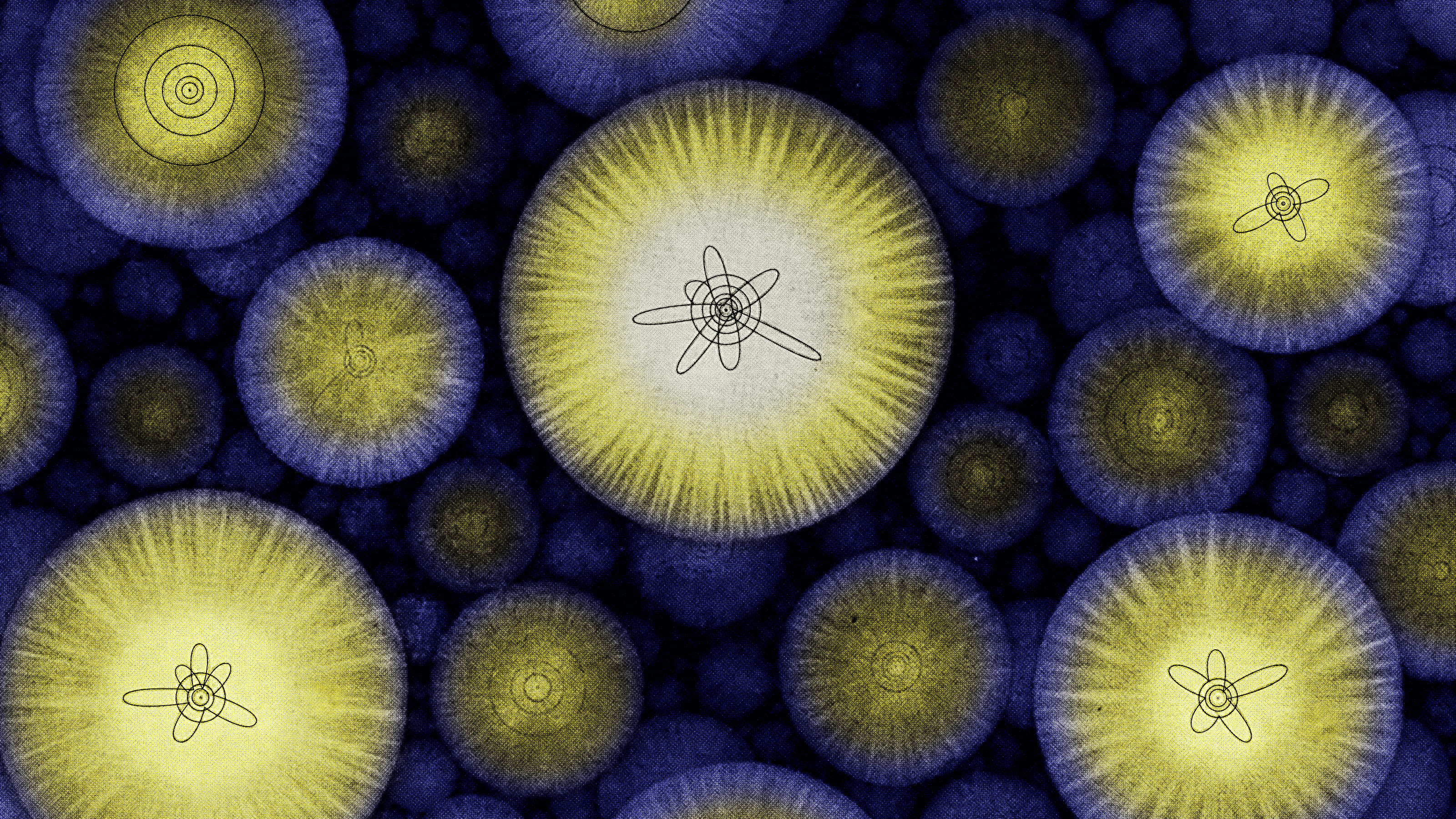What is the Higgs boson? Michio Kaku describes the Higgs boson as a fuse. “It’s a match. It’s the spark that set off the Big Bang. It put the bang in the Big Bang.”
Michio Kaku: A few months ago the headlines were dominated by the fact that physicists think they found the Higgs boson. Well, the media said, this is a great discovery, but what do you mean you think you found the Higgs boson? Well, to within five standard deviations, yes, we think we found the Higgs boson. And the media said, what do you mean by that?
Well I would have answered the question differently. I would have said, "With 99.9999% confidence, we have bagged the Higgs boson. If you are an odds maker in Las Vegas, and the bets are that you are 99.9999% confident that you have it, then yes, you have it."
So experimental data is not ironclad. You have a bell-shaped curve of information, a bell-shaped curve where the data indicates that you're sitting right here on the top of the bell-shaped curve, but as you go away from the bell-shaped curve, you undergo one standard deviation, two standard deviations, three standard deviations . . . and here we have five standard deviations of proof. So in physics we use that as the gold standard: if you can say you found something within five standard deviations, then it means that, within 99.9999% accuracy, you have actually found it. Most people would say, of course you have found it.
The Higgs boson is important not just because it gives particles mass. That's how the media played it, and people say, well, so what; ten billion dollars for another god darn subatomic particle that gives us mass; what's the big deal; why call it the God particle; why say that it's one of the great achievements of modern science? Well, you have to understand something: we physicists squirm when we hear "God particle," but, you see, there is some truth to the name "the God particle" because the Bible says that God set the universe into motion. That's what God did in Genesis, chapter one, verse one. However, we physicists say that the universe was created in a big bang 13.7 billion years ago. But then the question is, why did it bang? What set off the bang? We don't know. It's a big mystery. Well, the answer is a Higgs-like boson set off the Big Bang. It put the bang in the Big Bang.
See, the purpose of Higgs bosons—and there is more than one—the purpose of the Higgs boson is to break a symmetry. And when you break symmetries like the symmetry of the universe, then you get big bangs. So what is the Higgs boson? The Higgs boson is a fuse. It's a match. It's the spark that set off the Big Bang. It put the bang in the Big Bang.
Directed / Produced by
Jonathan Fowler & Elizabeth Rodd






